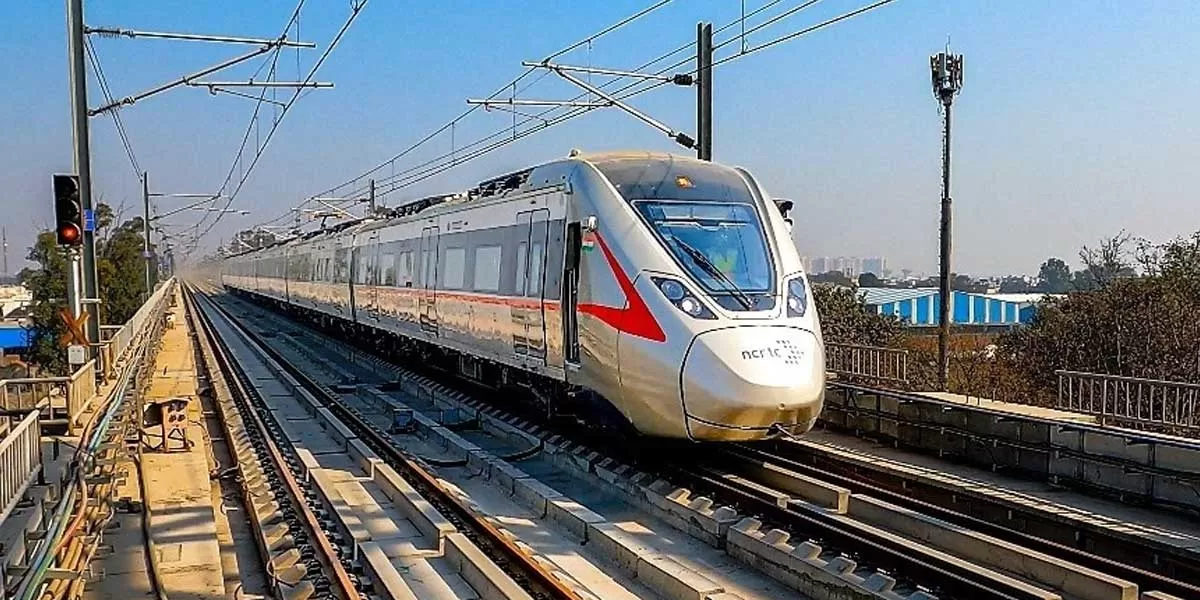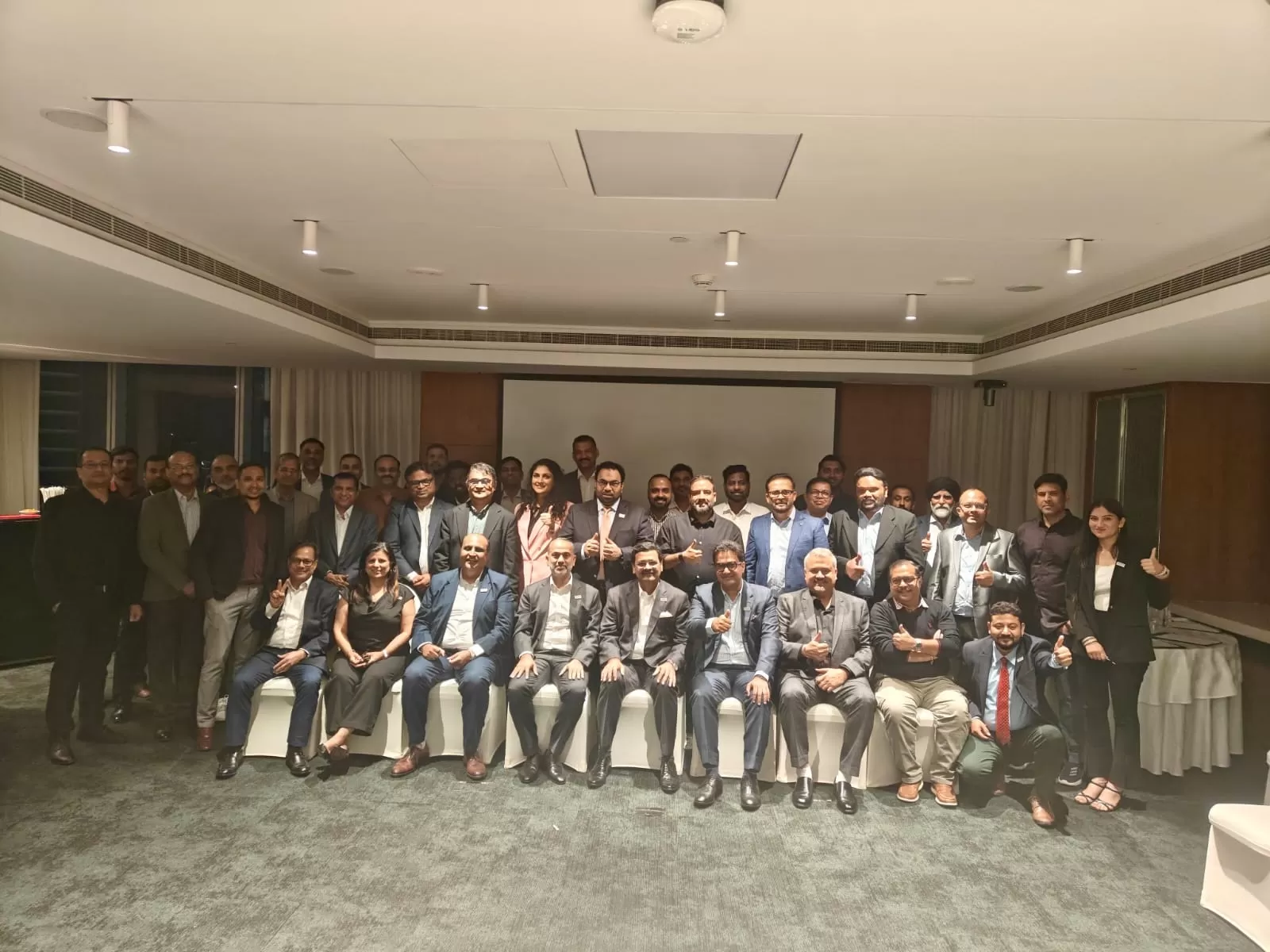

Fima Carlo Frattini Unveils Park Lane
Fima Carlo Frattini stands as a global leader in luxury bathroom and kitchen fittings, renowned for its unwavering commitment to excellence and sustainable innovation. The brand’s dedication to eco-friendly practices is reflected in its use of photovoltaic power and environmentally responsible materials, setting a benchmark for conscious luxury. In India, Fima Carlo Frattini has cultivated a strong presence, offering an exquisite range of products that blend Italian sophistication with local sensibilities.Continuing its legacy of design innovation, Fima Carlo Frattini proudly unveils Park La..

ASPA MEA Open House 2025 Successfully Concludes
The Authentication Solution Providers’ Association (ASPA) successfully hosted its MEA Open House on April 24, 2025, at Anantara Downtown Dubai, bringing together 46 delegates representing 17 companies across the authentication, packaging, and brand protection industries. The event marked a significant milestone in ASPA’s mission to expand its global footprint and strengthen collaboration against counterfeiting in the Middle East and Africa (MEA) region.The evening commenced with an engaging agenda moderated by Kaunain Shahidi, Packaging and Sustainability Expert. Manoj Kochar, ..

Mukesh Kumar Rejoins K Raheja Realty as CEO of Infiniti Malls
Infiniti Mall, a flagship property of K Raheja Realty, is pleased to announce the appointment of Mukesh Kumar as Chief Executive Officer, Infiniti Malls, and Business Head - New Businesses. With nearly three decades of extensive experience in the retail and hospitality industries, Kumar returns to the company after a brief break, having previously spent almost two decades with K Raheja Realty.In his new role, Kumar will lead the operations, leasing and marketing of Infiniti Malls, Andheri and Malad—two of the company’s flagship properties. He will focus on further elevating the retail expe..














